"To tip or not to tip, that is the question." Italy, as we know, is famous for its delicious cuisine, rich history, and vibrant culture. But when it comes to tipping, well, the rules might diverge quite a bit from those of other countries.
The term "mancia" (tip) - from the French "manche," meaning sleeve - refers to the "small gift of money that is customarily given to someone who has provided a service or a courtesy, in addition to the required compensation" (cf. "mancia," Treccani).
According to some, this practice seems to have been already widespread among the ancient Romans who, during the Saturnalia and the Calends of January, were accustomed to giving small sums of money known as "strenne" - from which the Christmas gift tradition will later derive.
Others trace it back to the Middle Ages, when feudal lords would give coins to beggars to ensure themselves a safe passage.
Still others attribute it to the ancient and romantic custom whereby ladies, during chivalric tournaments, would detach one of their precious sleeves - which, at the time, represented an independent complement to the rest of the bodice - to give it as a token of love or as a good luck charm to one of the participants or to the winner. Hence, the term "manches," Italianized as "mance," acquires the meaning of gift, present, homage.
If in countries like the United States tipping is mandatory and equals 15-20% of the total on the receipt, or rather something deeply offensive, as in Japan, tipping in Italy is not obligatory.
However, if you want to reward a particularly efficient, courteous, and attentive service, this article will guide you through the etiquette of tipping in Italy, helping you understand what to do, what not to do, how much to tip, but most importantly, when to do it.

Tipping in Italy: general rules
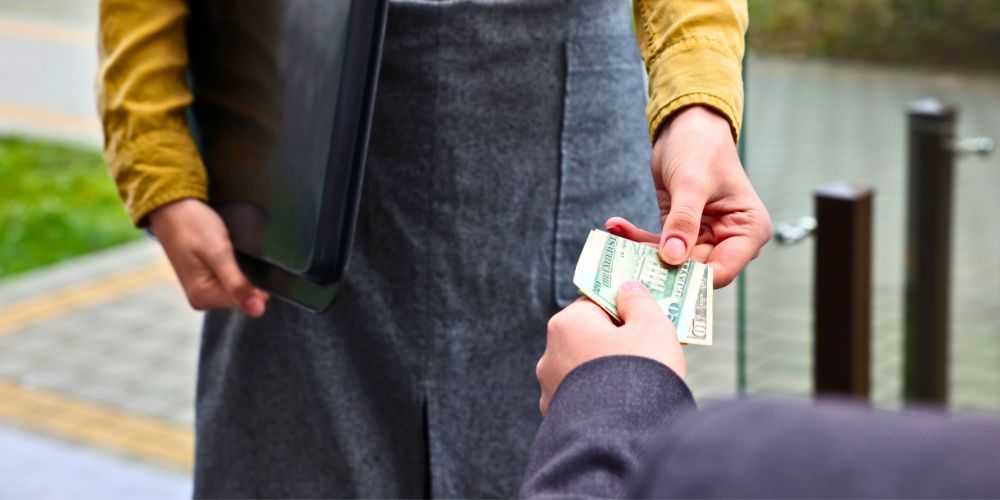
As stated earlier, tipping in Italy is not mandatory, unlike in other countries.
The cost of service is generally included in the bill in the form of "coperto" (cover charge) or "servizio" (service charge).
A small side note: The "coperto" item on the receipt or invoice includes everything that is put on the table to allow the diner to eat: tablecloth, napkins, cutlery, glasses, plates. This additional cost also includes the bread basket, table service, and subsequent cleaning operations.
However, leaving a small tip for good service is always an appreciated gesture and sometimes even reciprocated.
Listen to the podcast version of the article with Monna Lisa's voice
What to do?
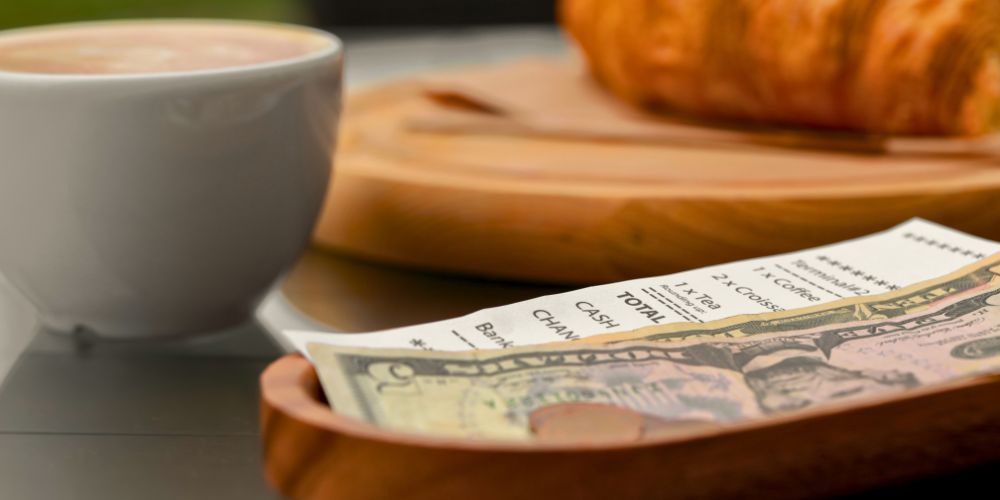
So, what should you do when it comes to tipping? Here are some suggestions that will help you navigate the world of tipping in Italy:
- Restaurants: If the service is not included in the bill, you can leave about 10% of the total amount for good service.
- Bars and cafes: Round up the bill to the nearest whole figure (e.g., if the final bill is €99.00, it's common practice to pay €100.00 and "leave" the change) or leave a few coins on the counter.
- Taxi drivers: Round up the fare to the nearest whole figure (see example above) or add a euro or two in case of particularly efficient service.
- Tour guides: For a group tour, 2 to 5 euros per person is appropriate. For a private tour, consider 10% of the tour cost.
What not to do?
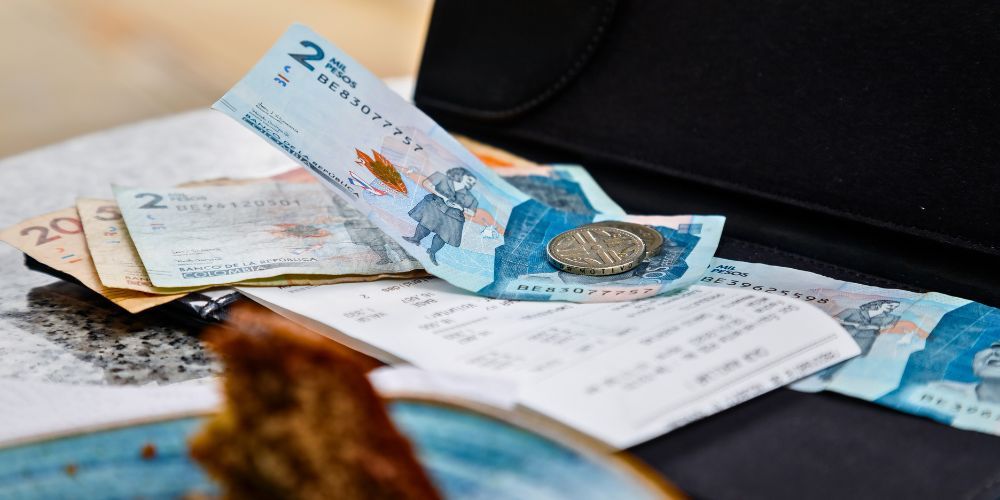
If you don't want to annoy those who will receive a tip from us, it would be advisable to keep in mind the following suggestions:
1. Don't feel obligated: Unlike some countries, in Italy there's no expectation of a tip, let alone a substantial one. In fact, in some cases...
2. ...leaving excessive tips could be seen as ostentation.
3. Don't leave the tip on the table and walk away: It's better to give it directly to the waiter or include it in the payment. In the first case, the tip will be kept by the person concerned. In the second case, it will be equally redistributed to all staff on duty at that time.
When to leave a tip?
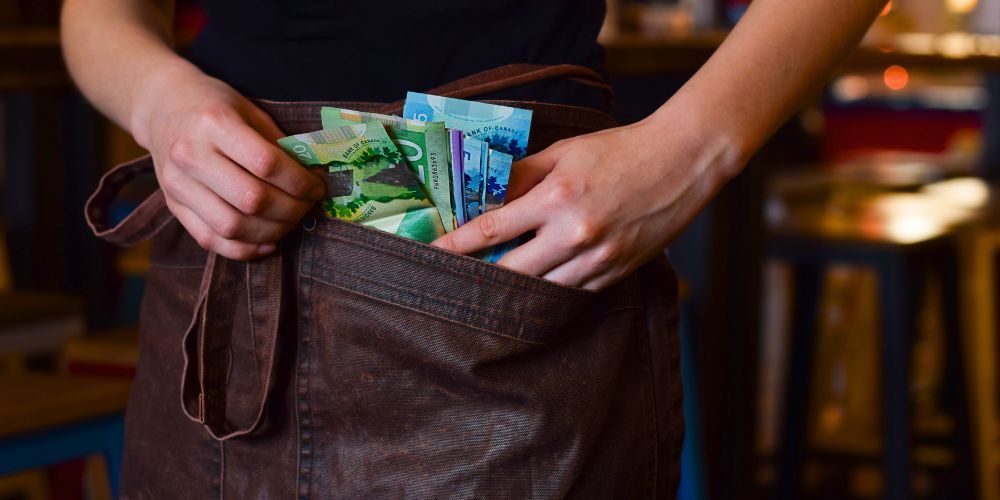
Here are some situations where you can leave tips in Italy:
- After a meal at a restaurant (if it's not already included in the service);
- After exceptional service at a hotel;
- After a safe and comfortable taxi ride;
- After a particularly interesting and well-structured guided tour.
Tipping in Italy - How much to leave?
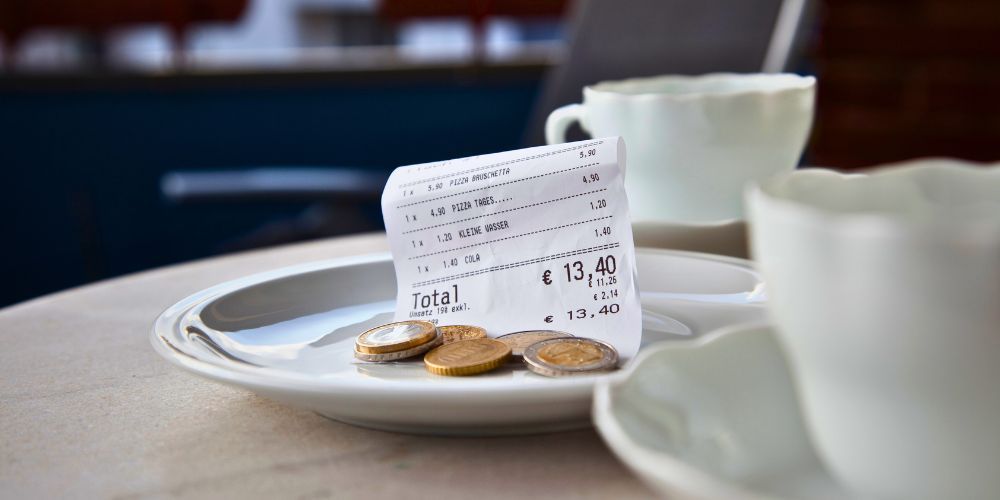
It should be specified that the percentages reported below represent, in themselves, only guidelines on how much to tip in Italy: the amount of a tip, in fact, is, in most cases, arbitrary and subject to the will of those who receive a service.
- Restaurants: 5-10% of the total bill, or round up to the nearest euro for smaller bills:
- Bars and cafes: 0.50-1 euro;
- Taxi drivers: Round up to the nearest whole figure or add 1-2 euros;
- Hotel porters: 1-2 euros per bag;
- Housekeeping: 1-2 euros per day;
- Tour guides: 2-5 euros per person for group tours, 10% for private tours.
Conclusions
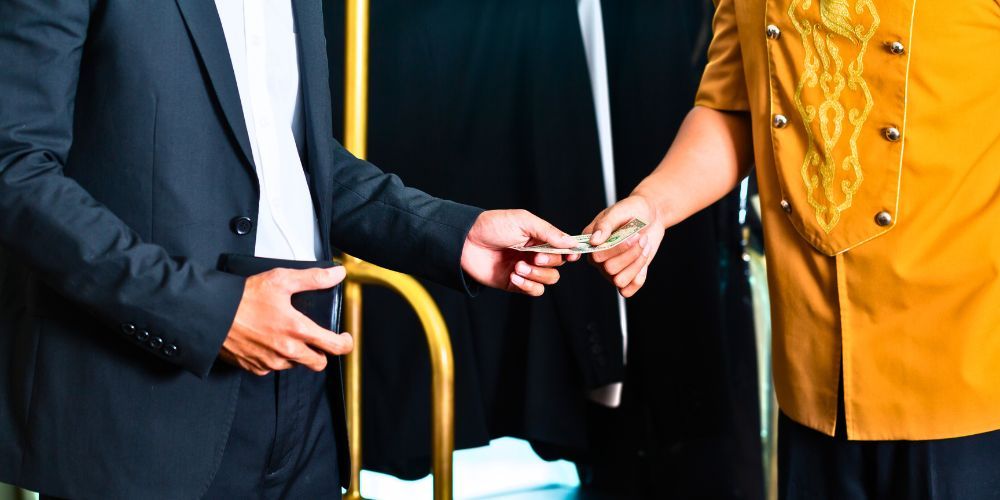
Remember, in Italy, the quality of service should be your main guide in deciding whether and how much to tip. A smile and a sincere "grazie" (or even better, "grazie mille") are always appreciated, with or without a tip.
By following these guidelines, you'll be able to navigate the etiquette of tipping in Italy with confidence, fully enjoying your travel experience in the Bel Paese without any worries.
About the author
Written on 15/10/2024


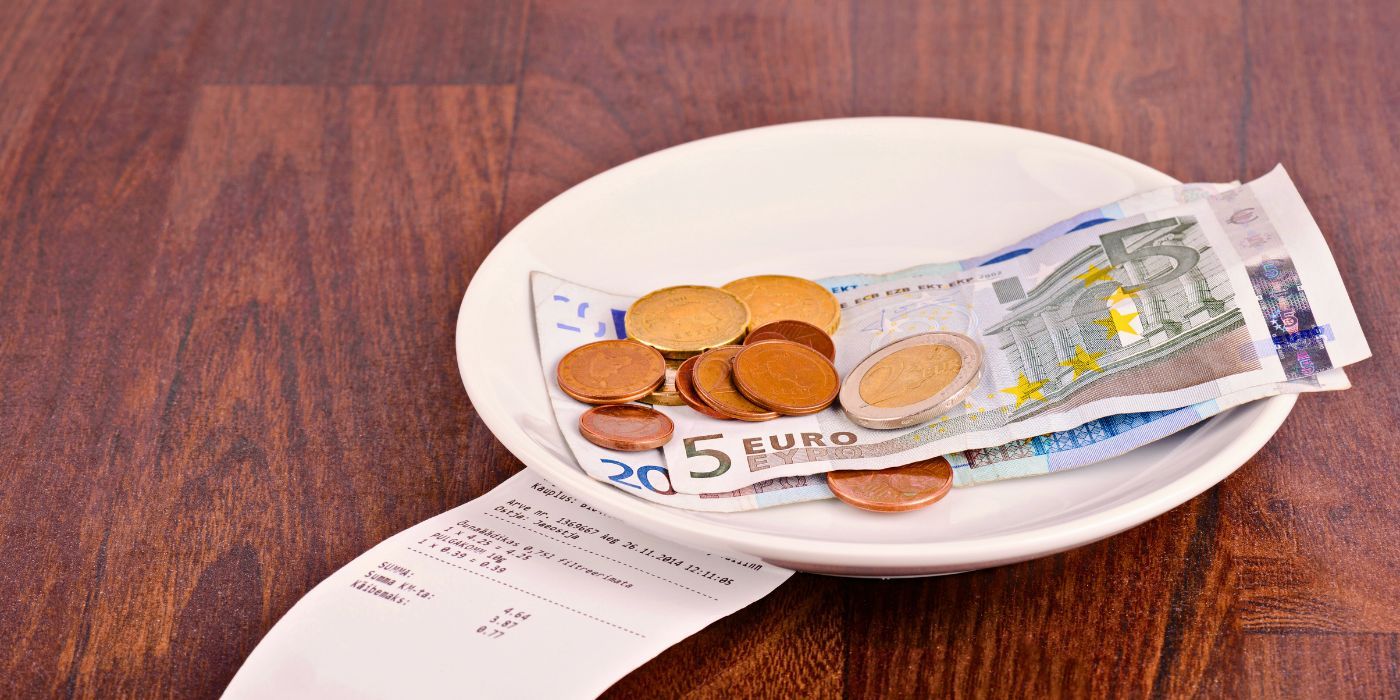
Gaetano Del Gaiso
Let's discover together the best practices to follow regarding tipping in the most beautiful country in the world.